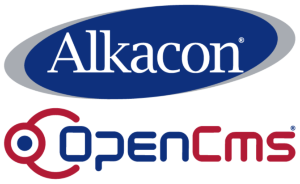Version 7.5.4 of OpenCms is now ready and available for download.

OpenCms is one of the most popular Open Source Content Management Solutions.
This new version was developed by Alkacon Software GmbH with the support of the international OpenCms developer community.
OpenCms 7.5.4 is a maintenance release that fixes a number of issues that persisted in the 7.5.3 version. Some new features have been added as well.
Main fixed issues and improvements in OpenCms 7.5.4
- Fixed issue 1717: DB deadlock if OpenCms hits db.pool.default.maxActive when db.pool.default.whenExhaustedAction=block
- Fixed issue 1900: Performance Patch for OpenCms
- Fixed issue 1901: Workplace login page security issue
- Fixed issue 1909: Internet Explorer crashes after saving structured XML content with image added from gallery into HTML field
- Fixed issue 1942: Publish scheduled jobs are missing after server restart
- Fixed issue 1945: Avoid reflected XSS on some authenticated resources (provided by Michele Orru)
- Fixed issue 1949: Database size does not decrease after (completely) deleting resources
- Fixed issue when creating a new user or editing an existing user using an Oracle database
- Fixed issue using delete and lock resource when called without path parameter
- Fixed issue in galleries: Broken layout with long item file names or titles
- Fixed premature publish thread interruption within CmsShell
- FCKEditor compatible with Internet Explorer 9 and Firefox 4
- Added new optional CmsShell start parameter to load additional commands
Please check out the release notes for further details of the changes in this release.




